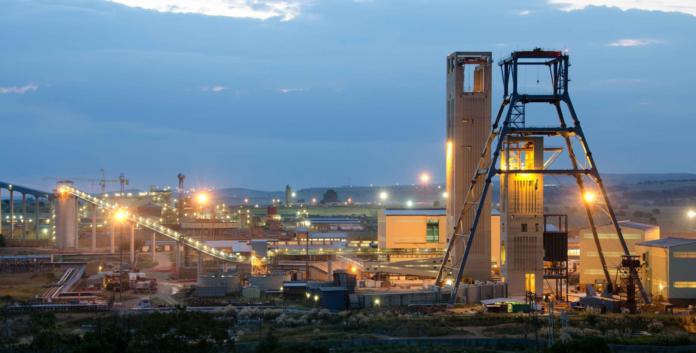THE recent announcement by President Ramaphosa of the new 100 MW threshold for embedded electricity generation, up from just 1 MW, was welcome news for many companies. However, while big businesses are jumping to investigate their self-generation options, there are many others who are destined to remain in the dark.
The ability to invest in on-site power generation is a luxury afforded to mature businesses with reliable cash flow – and a lot of space. A clear example of this is the 40 MW solar plant planned for Gold Fields’ South Deep mine in Gauteng, with a R660-million price tag and spanning the area of 200 soccer fields.
“Yes, R660 million is a significant investment, but so are the benefits of operating our own solar plant. Unaffordable and unrelenting Eskom tariff increases, and unreliable supply of electricity is a major risk for all mining companies,” comments Martin Preece, EVP of Gold Fields South Africa. The solar plant will be funded from the mine’s positive cash-flows over the next two years, and will generate 22% of the average electricity consumption of the mine.
“Other mining companies have developed or are in the process of developing their own solar plants,” says Preece.
This is great news for the sustainability of the mining industry, both in terms of business and the environment. But what about the thousands of other companies and SMMEs in South Africa? They now face two challenges: 1) a lack of resources for their own self-gen project and 2) the ongoing problems with Eskom – which may just get worse as many of the utility’s blue-chip customers get off the grid.
The solar farm at South Deep will translate into a R120 million annual saving of the cost of electricity for the mine. That is R120-million less to Eskom, which is already facing dire financial constraints. Add to that, the Deep South solar plant is planned at less than half the newly announced threshold for generation capacity. A single 100 MW plant could deprive Eskom of R300-million in business.
Preece has confirmed that since the announcement, Gold Fields is now investigating upping capacity to 70 MW. Many mines are sure to follow suit, potentially generating billions of Rands worth of their own power each year. While many stakeholders have hailed the new regulations as key in alleviating grid pressure and give Eskom room to complete much-needed maintenance and construction, it could well have the opposite effect. Losing business to self-generation might worsen Eskom’s woes, and grid-reliant businesses will be caught in the crossfire.
The “good” news is: this won’t happen overnight. Preece says, “It will take years for all the planned renewable projects to be commissioned. Until then, the industry will still be solely dependent on Eskom, and the utility’s high tariffs and continued load-shedding will be a major obstacle.”















